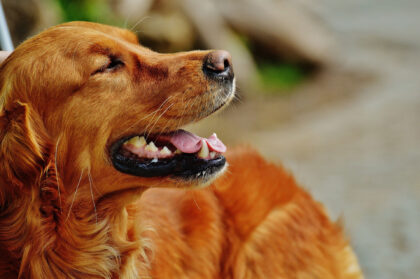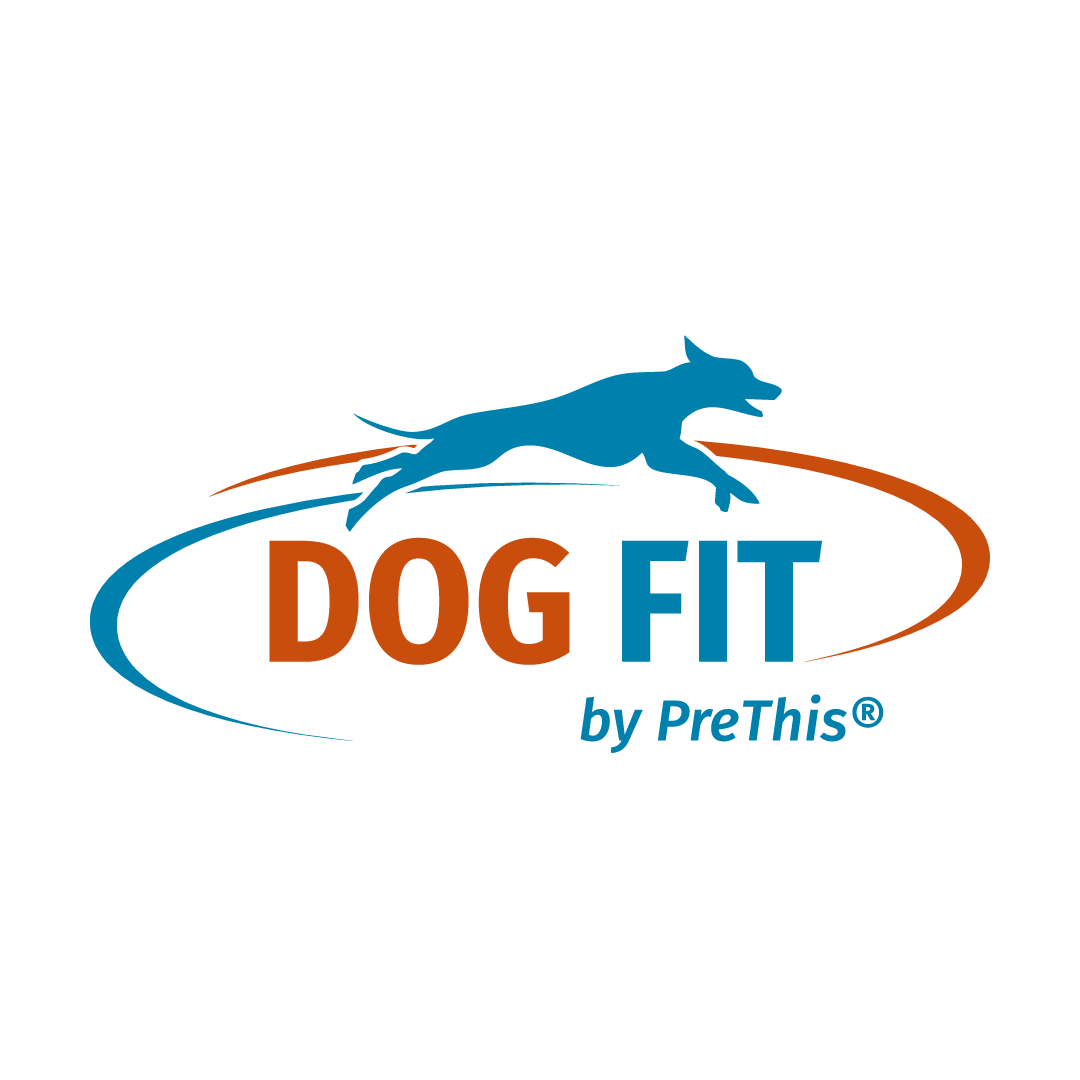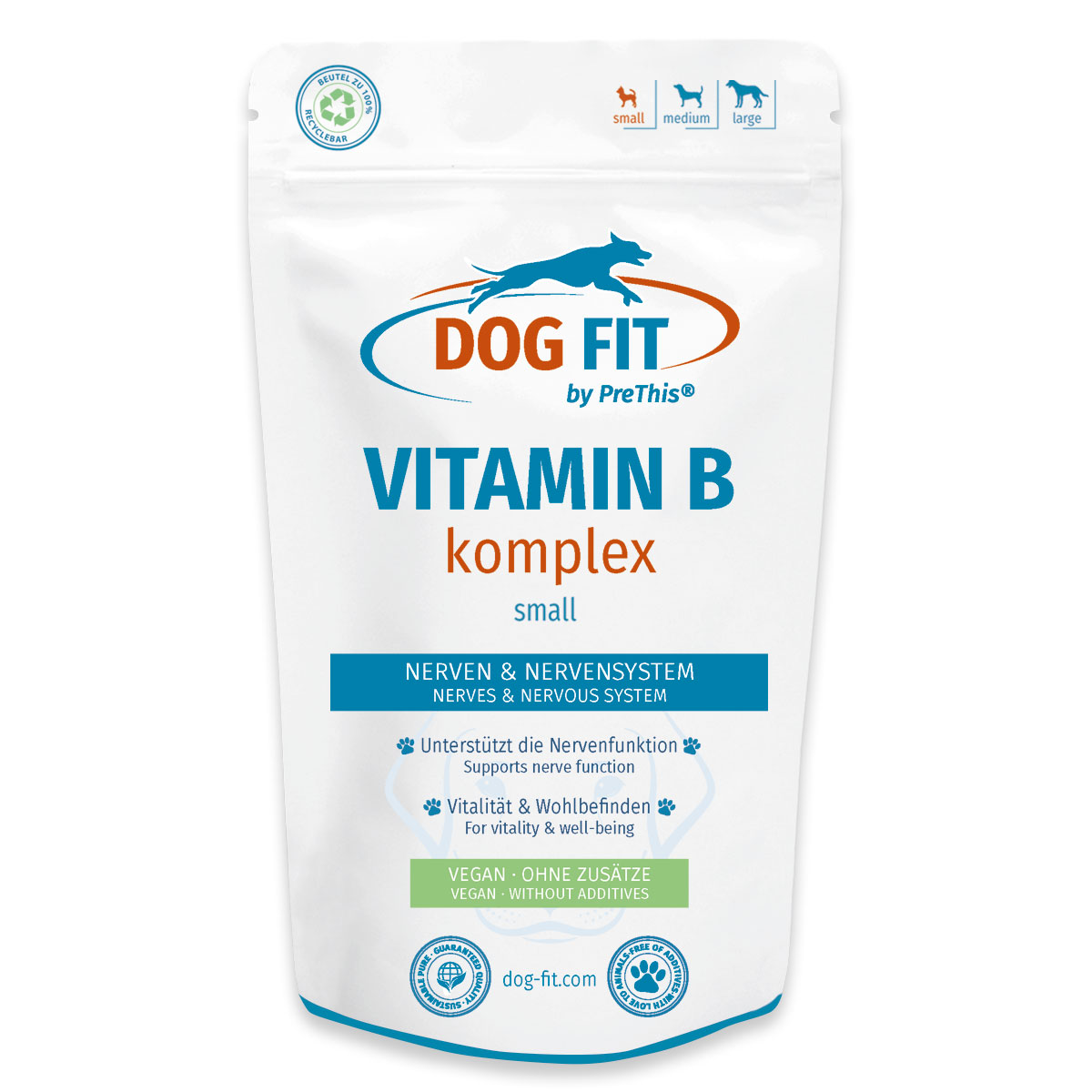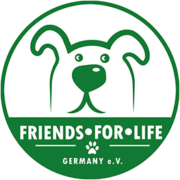
Inflammation of the pancreas – known medically as pancreatitis – is a serious and often painful disease in dogs that can affect any age group and breed. The pancreas plays a central role in digestion and the regulation of blood sugar levels. If it becomes unbalanced, it can have far-reaching consequences for the dog.
Causes of pancreatitis
The triggers for pancreatitis are varied and often difficult to determine. However, there are known risk factors:
- High-fat diet: A sudden increase in the intake of fatty foods, leftovers, or fatty meat can overwhelm the pancreas.
- Dry food & industrially prepared foods: Some dry foods contain high levels of fat, additives, and fillers, which can increase the risk of pancreatitis. The exact connections are still being scientifically investigated.
- Pre-existing conditions: Underlying conditions such as diabetes mellitus, Cushing’s disease, or chronic kidney problems can increase the risk of inflammation.
- Medication: Certain medications such as cortisone, some painkillers, or antibiotics can irritate the pancreas.
- Genetic factors: Some breeds, including Miniature Schnauzers and Yorkshire Terriers, are more susceptible to pancreatitis.
Symptoms: How do I recognize pancreatitis?
Dogs with pancreatitis usually show non-specific symptoms. The most common signs include:
- sudden loss of appetite
- vomiting, sometimes with diarrhea
- severe abdominal pain, hunched posture, protective posture
- weakness, fatigue, apathy
- in severe cases: fever, circulatory problems
These symptoms are not specific and can also occur with other diseases. It is therefore all the more important to seek veterinary help as soon as possible if you suspect pancreatitis.
Treatment options
Treatment of pancreatitis is usually carried out in close cooperation with the veterinary practice, often on an inpatient basis:
- Feeding break: During the acute phase, a temporary feeding break is often taken to relieve the pancreas.
- Infusion therapy: To compensate for fluid loss and stabilize the circulation.
- Pain and nausea medication: To relieve symptoms.
- Treatment of concomitant diseases: If other underlying diseases are present, these must also be considered.
- Long-term dietary changes: After the acute phase, a careful change in diet is crucial for the further Course.
Antibiotics are only used if an additional bacterial infection is detected. In very severe cases, surgery may be necessary, but this is rarely the case.
Nutritional tips after pancreatitis
After pancreatitis, the dog’s diet should be specially adapted:
- Low-fat diet: The food should be easily digestible and low in fat so as not to burden the pancreas.
- Freshly cooked instead of ready-made food: Homemade bland food is ideal – such as cooked, low-fat chicken or turkey, lean fish, rice or well-cooked potatoes and gently prepared, pureed vegetables.
- Individual nutritional advice: Since the needs after pancreatitis vary from person to person, nutritional advice from a certified canine nutritionist is recommended.
- Avoid treats, bones, fatty additives, and seasoned leftovers: Anything that irritates the gastrointestinal tract and which could place additional strain on the pancreas should be avoided.
- Several small meals: Instead of fewer large portions, several small, fresh meals help relieve the digestive tract.
- Dry food and “special diets” from stores are often not the best choice, as they often contain hidden fats and additives.
The role of micronutrients in pancreatitis
Particularly in diseases of the pancreas, certain nutrients can be particularly valuable. These include the B vitamins, which are needed for numerous metabolic processes and the normal function of the nervous system.n. An adequate supply of all eight B vitamins can help support your dog’s energy metabolism and overall well-being – especially if the diet needs to be adjusted during the recovery phase.
Prevention and Everyday Tips
To minimize the risk of recurrence of pancreatitis:
- Maintain a balanced, low-fat, and fresh diet.
- Reduce excess weight and adjust the amount of food to the dog’s activity level.
- Have your dog checked by a veterinarian regularly, especially if there are known risk factors.
- Avoid sudden changes in diet and do not give leftovers from the table.
Conclusion
Pancreatitis in dogs is a serious diagnosis that requires prompt veterinary attention and a lot of patience. With careful feeding, regular veterinary checkups, and appropriate management, most dogs can regain a zest for life and actively participate in everyday life after pancreatitis.
Dogs show us every day how important mindfulness and small routines are. With care, patience, and loving companionship, you can give your four-legged friend security and comfort even in difficult times – for a good relationship and many wonderful moments together.
Product information: DOG FIT by PreThis® VITAMIN B 🛒 – Premium supplementary food for dogs. The recipe is tailored to your needs, vegan, and free from genetic engineering and artificial additives. You can find more information here:

The content of the articles is for general information purposes only and does not replace diagnosis or treatment by a veterinarian. Reviews or testimonials are individual reports from verified customers. This information does not constitute medical advice and should not be understood as such.
Our daily inspiration comes from the special moments with our dogs. Here we share this enthusiasm and invite you to become part of the DOG FIT community on our social media channels.



Leave a Reply